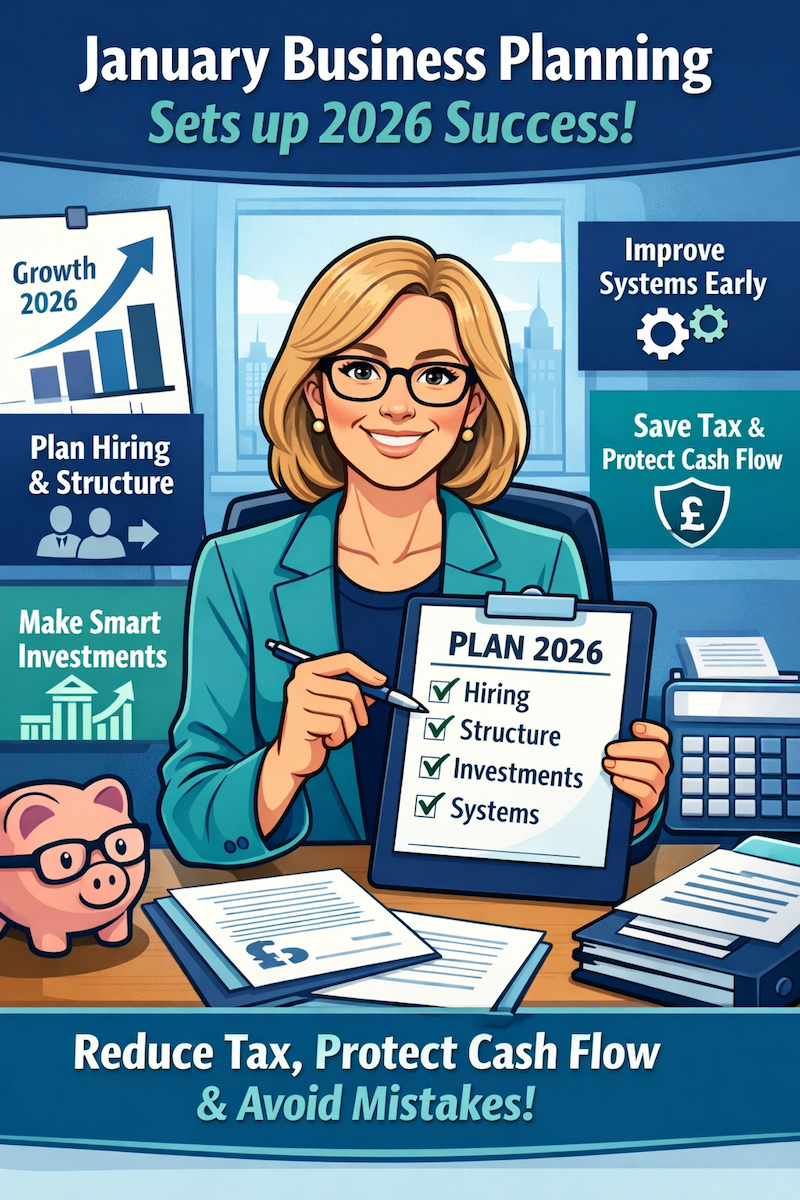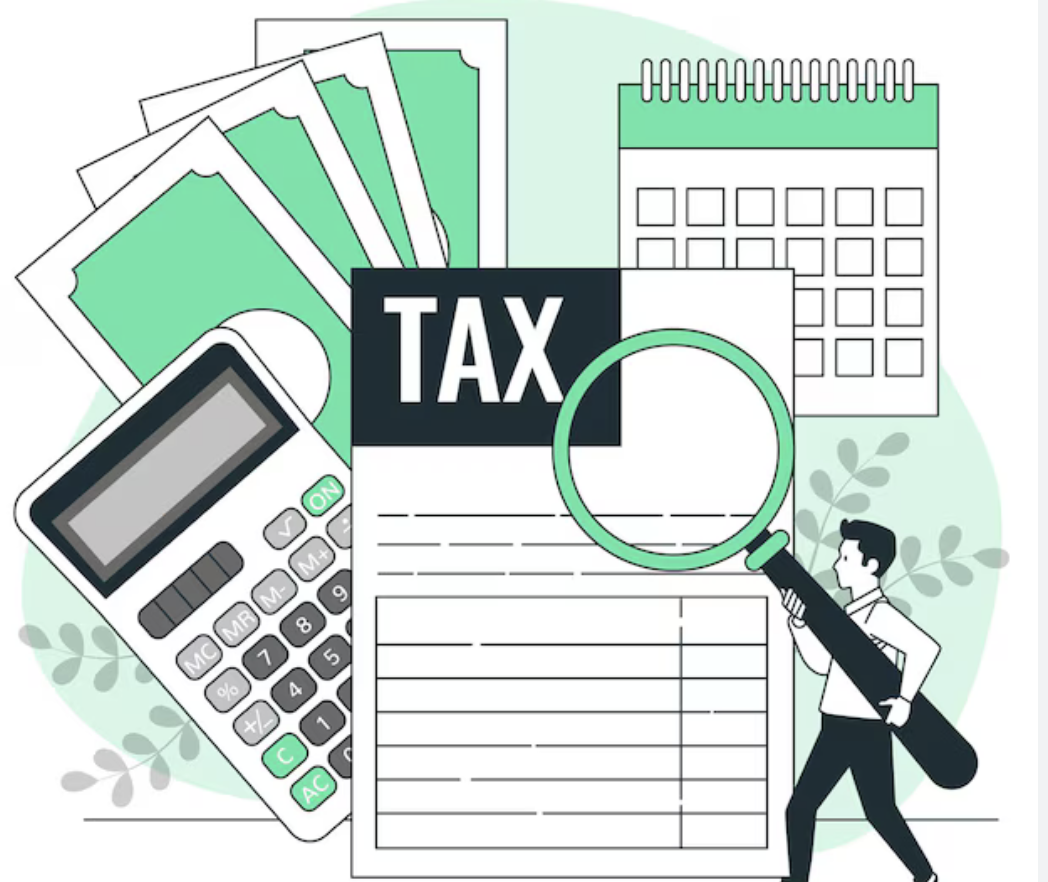Chancellor Jeremy Hunt delivered his first Budget on Wednesday 15 March, as a “Budget for growth”.
There was very little talk of tax in the Chancellor’s budget this March. However there were more policies directed at getting people into work and keeping them there, all central to the Budget – which have lead to key changes on childcare and pensions.
Here are the key points of interest to our clients:
Limited Companies
Corporation tax
The Chancellor confirmed that the main corporation tax rate will increase from 19% to 25 with effect from 1 April 2023, affecting companies with profits of £250,000 and over.
Small companies with profits up to £50,000 will continue to pay corporation tax at 19%, with profits between these two figures being subject to a tapered rate.
Capital Allowances
The super-deduction regime will end 31 March 2023 and will be replaced from 1 April 2023 with ‘full expensing’ 100% capital allowances for qualifying plant and machinery. This will last for three years, to 31 March 2026, although the Government indicated that it is their ambition to make this permanent.
The Government will also introduce 50% first year allowances for ‘special rate’ plant and machinery, including long life assets. These rules apply only for corporation tax purposes and will not be available for businesses which are subject to income tax, unless they are below the Annual Investment Allowance threshold of £1m per annum.
The Government has also confirmed that the 100% first-year allowance for qualifying expenditure on electric vehicle charge-point equipment will be extended until 31 March 2025 for corporation tax and 5 April 2025 for income tax.
R&D Tax Reliefs
From 1 April 2023, there will be an increased rate of relief for loss-making R&D intensive SMEs. Eligible companies will receive £27 from HMRC for every £100 of R&D investment.
A company is considered R&D intensive where its qualifying R&D expenditure is 40% or more of its total expenditure.
Previously announced restrictions on some overseas expenditure will now come into effect from 1 April 2024 instead of 1 April 2023.
Personal Tax
Income Tax
The main personal tax-free allowance and the 40% tax rate threshold remain frozen at their 2022/23 levels until the end of 2027/28, representing a tax rise where income increases, a process known as ‘fiscal drag’. The 45% threshold is lowered from £150,000 to £125,140 for 2023/24.
Fiscal drag occurs when tax thresholds and allowances do not keep up with inflation or wage growth, resulting in more of a taxpayers’ income being taxable. This can also mean that more income is taxed at a higher rate – or more taxpayers are ‘dragged’ into paying tax at a higher rate.
The tax free dividend allowance falls from £2,000 to £1,000, and Capital Gains Tax annual exempt amount falls from £12,300 to £6,000, for 2023/24.
Pensions
The Government has announced three key changes to the tax relief you can get when saving towards your pension:
The annual allowance will rise from £40,000 to £60,000 in April 2023.
The lifetime allowance, currently £1,073,100, will be abolished entirely from April 2024.
The money purchase annual allowance will rise from £4,000 to £10,000 in April 2023.
The changes mean that many people will be able to contribute much more to their private pensions before having to pay tax.
Savings and ISAs
Savings & ISA allowances are frozen. The ‘starting rate’ for savings will be frozen at £5,000. This allows those earning less than £17,570 from employment to earn up to £5,000 in savings interest before paying any tax.
In addition, the maximum amount you can save into an ISA as an adult will stay the same at £20,000.
For junior ISAs, the limit will remain at £9,000. There is also no change to the Lifetime ISA limit of £4,000.
Energy Bills
Support with energy bills will continue for another three months, reversing a plan to make it less generous.
Under the Energy Price Guarantee, the government has been limiting energy bills for a typical household to £2,500 a year, plus a £400 winter discount.
The guarantee will continue at the same level until July, by which time the price of energy should have dropped sufficiently for it to become redundant.
Support with Childcare Costs
Working parents with three and four-year-olds are eligible for 30 hours of free childcare per week during term time. This will be extended to cover younger children in England, when both parents are working. Equivalent funding will be given to the authorities in Wales, Scotland and Northern Ireland.
The rising cost of childcare has been considered to be a deterrent for some parents to go back to work or work full-time. Yet there are questions over whether the policy will actually mean parents working more hours and whether there are the nursery places available for their children.
As a result, it will be a staged introduction, with 15 free hours of childcare for two-year-olds in April 2024, and in September 2024 for those aged over nine months, then 30 hours for all from September 2025.
National Living Wage and National Minimum Wage
The National Living Wage will increase by 9.7% for individuals aged 23 and over to £10.42 per hour from 1 April 2023.
Other rates of National Living Wage will rise from the same date by different percentages.
Action you need to consider now

Given rising costs imposed on small businesses together with the rising cost of energy bills, the National Minimum Wage increases and the 10% inflation rate, you should take the opportunity to review your business and personal position:
If you haven’t already reviewed your business plan for 2023, you should model the impact of rising costs. Do you need to:
Increase your prices?
Reduce your overheads?
Increase your wages?
Consider other revenue streams?
Review your personal and business tax situation.
Would you be personally better off if you paid yourself more via PAYE or made more pension contributions? (particularly now you can add £60k into your pension each year tax free)
Would closing your limited company and trading as a sole trader now make more financial sense?
If you need help with any of the above, call us today on 01386 366741 and we’ll be pleased to help.








